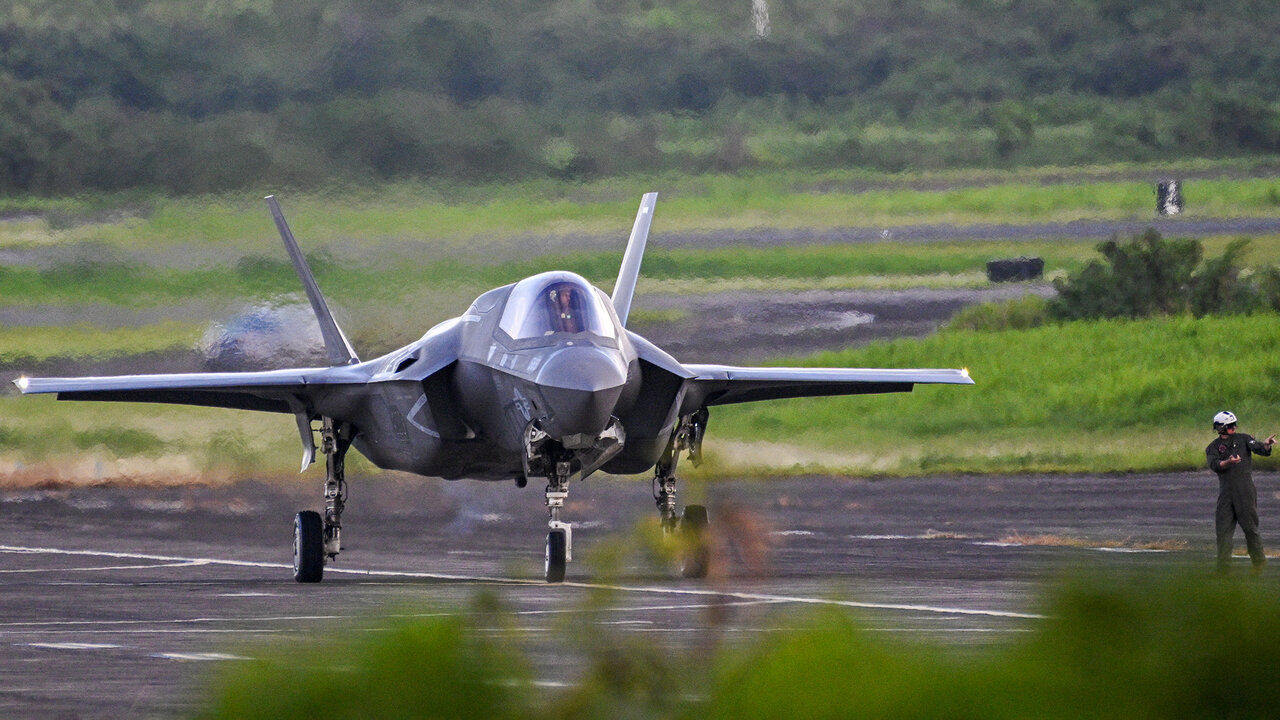Trump and Rubio gunning for regime change in Venezuela
Tehran, Beijing, Moscow slam U.S. military escalation

TEHRAN – At the request of the Venezuelan government, the UN Security Council held an emergency meeting on Friday after U.S. military strikes on speed boats that have killed at least 21 people off Venezuela’s coast in a span of one month. Members of the UNSC voiced concern over escalating tensions between the United States and Venezuela, calling for dialogue to settle disputes.
Venezuela’s request for the emergency UNSC meeting came a day after Republicans in the U.S. Senate voted down legislation that would have put a check on Trump’s ability to use deadly military force against Venezuela under the pretext of the so-called drug trafficking.
Venezuela’s Ambassador to the UN, Samuel Moncada, called the U.S.’s “belligerent action and rhetoric” will lead to “an armed attack to be perpetrated against Venezuela.”
Islamic Republic’s Foreign Ministry spokesperson Esmaeil Baghaei issued a statement on Friday condemning U.S. military attacks on fishing boats in the region. He called such actions “provocative and destabilizing,” warning of the consequences of Washington’s lawlessness.
At the UNSC meeting, Russia and China also denounced the growing military presence in the southern Caribbean.
The Russian UN envoy Vassily Nebenzia said that Venezuela “for several months now has been subjected to unprecedented pressure and threats of military invasion.”
China’s UN envoy Fu Cong called the U.S. military venture “unilateral and excessive,” calling on the U.S. to immediately cease relevant acts to avoid escalation.
Trump halts negotiations
Richard Grenell, a special presidential envoy, has been leading negotiations with Venezuelan President Nicolas Maduro and other top Venezuelan officials.
Grenell has tried to fashion a deal that would avoid a larger conflict and give American companies access to Venezuelan oil, reports The New York Times.
During a meeting with senior military leaders on October 6, Trump instructed Grenell to halt all diplomatic outreach with Venezuela.
Pundits think the decision to call off diplomacy signals that the United States has plans to escalate military options for some kind of regime change operations.
Trump has ordered a major naval buildup off Venezuela’s Caribbean coast in recent weeks. He has put three U.S. destroyers, an amphibious assault ship, a guided-missile cruiser, a nuclear-powered attack submarine, and a squadron of F-35s under Venezuela’s nose. With such a massive military buildup, the question is whether Trump is planning to overthrow Venezuela’s regime. No drug seizure operation needs such backup.
In America’s urban “warzones”, Trump has deployed troops in Memphis, Chicago, and Portland (following Los Angeles and Washington, DC). The military raid on a Chicago apartment block last week targeted Tren de Aragua, the Venezuelan gang that Trump claims is run by Maduro.
Venezuela is nowhere close to being America’s leading narcotics supplier. Yet Trump and his “secretary of war,” Pete Hegseth, insist that America’s opioid epidemic is fueled by Venezuela.
None of America’s fentanyl has been found to originate from Venezuela. Almost all of it comes from Mexico. America’s largest source of cocaine is Colombia.
Every time a Venezuelan boat gets blown up, Trump claims to be saving 25,000 American lives. Last year, 54,743 Americans were killed by opioids. Trump claims a far higher figure of 300,000.
Trump and Marco Rubio, his secretary of state, are gunning for regime change. Both are aware that Venezuela has the world’s largest proven oil reserves.
The U.S. attorney general, Pam Bondi, recently doubled the bounty on Maduro’s arrest to $50 million, accusing him of being “one of the largest narco-traffickers in the world”. Venezuelan Foreign Minister Yvan Gil said the new reward was “pathetic” and labelled it “political propaganda”.
Amid Trump’s threats about striking targets on land, Chavismo is recruiting citizens in the event of a possible war scenario. Most of those who have volunteered are supporters of the United Socialist Party of Venezuela (PSUV), the ruling party.
Nobel Peace Prize
Meanwhile, Maria Corina Machado was awarded this year's peace prize by the Norwegian Nobel Committee. Machado was beaten by Maduro in the July 2024 Venezuelan presidential election. She has refused to accept her defeat and has been living in hiding after her political movement refused to recognize the election results.
The Iranian embassy in Caracas has criticized the Nobel Committee for awarding the Nobel Peace Prize to Machado. Writing on its X account on Saturday, the embassy called the Nobel prize “nothing but a mockery of the true meaning of peace,” IRNA reported.
The statement added that Machado has “justified the genocide in Gaza and advocates for foreign military aggression against Venezuela.” Machado has supported Trump’s military actions in the Caribbean and urged Trump to help oust Maduro.
In one of her last public appearances in Caracas, Machado told The Guardian that she was convinced that Maduro’s days in power were numbered and “his departure is irreversible.” More than a year after her statement, Maduro remains in power, has retained support from Venezuela’s military and key international backers, including China and Russia.
Now the stage is being set for a performative Trump war.
